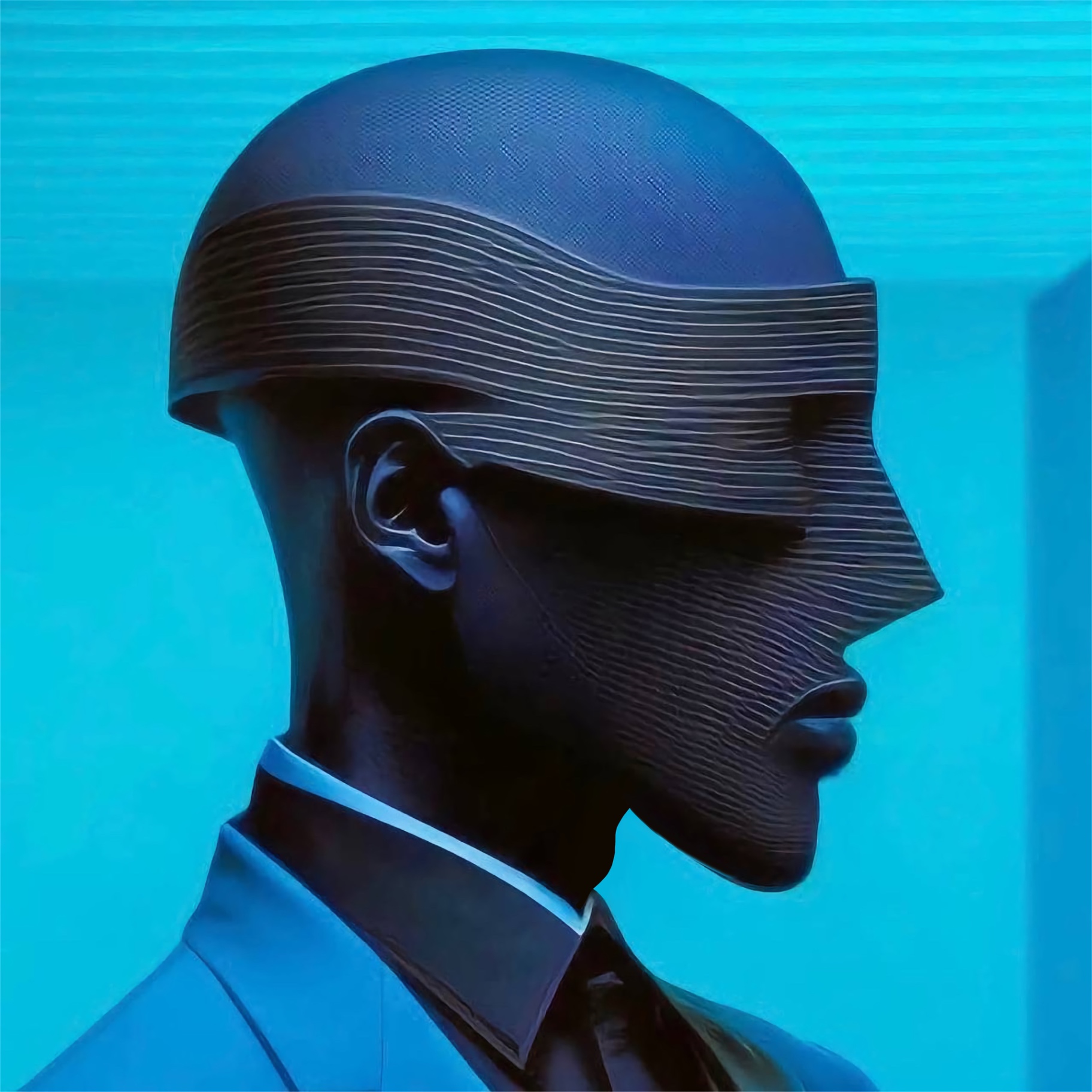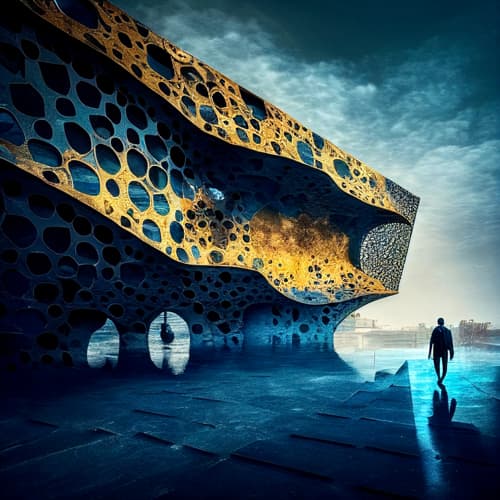
![[ UTOPIA ] x [ ART ] x [ CITY ] = UTOPIARTY](/_next/image?url=https%3A%2F%2Farchhhive-images.s3.amazonaws.com%2F638f6377fceec8001e307b0f%2F55FDA8C1-5B49-4C5A-850A-34114DF1747F-5ada7268-9a7c-4c87-96ac-2ca192379b80.jpeg&w=3840&q=75)
[ UTOPIA ] x [ ART ] x [ CITY ] = UTOPIARTY
Art everywhere! A digital artistic utopia. Between dream and reality… « Utopia is not the unrealizable, but the unrealized. » — Theodore Monod [ Utopiarty ] : the utopian city of art. Digital is everywhere on our screens of phones, tablets and computers. This digitization could extend to architecture to transport us to surreal worlds. Our bodies experiencing a digital architectural walk. Offer dreams, transcend reality, stimulate the imagination. Permanently (or temporarily) transform the city overnight by installing led and/or photovoltaic cladding panels (or visual projections) on the facades. They will be powered by stored solar energy during the day and redistributed during the night. Images and videos inspired by Nature or featuring colorful abstract shapes and all that human creative genius can offer. Each budding or confirmed artist will then one day be able to project their work on the buildings punctuating this utopian city. Citizens will be able to see the full extent of creative talents. During the day, the constructions will return to their normal appearance. The night face of the city will never be the same. It will be in perpetual motion. A nocturnal urban metamorphosis. A open-air museum. A « dreameality »

The Oceanographic Museum
#AI2O22 ARCHITECTURE COMPETITION Honorable mention n°7 Oceanography (from Ancient Greek ὠκεανός (ōkeanós) 'ocean', and γραφή (graphḗ) 'writing'), also known as oceanology and ocean science, is the scientific study of the oceans. It is an important Earth science, which covers a wide range of topics, including ecosystem dynamics; ocean currents, waves, and geophysical fluid dynamics; plate tectonics and the geology of the sea floor; and fluxes of various chemical substances and physical properties within the ocean and across its boundaries. These diverse topics reflect multiple disciplines that oceanographers utilize to glean further knowledge of the world ocean, including astronomy, biology, chemistry, climatology, geography, geology, hydrology, meteorology and physics.